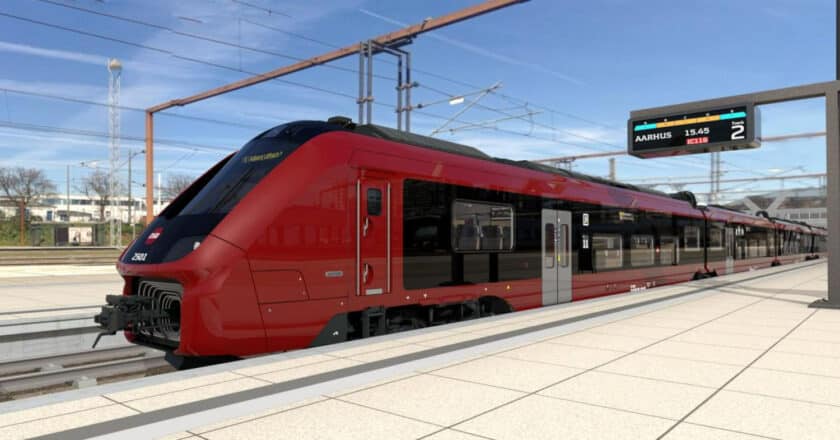The French manufacturer has announced that, from 1 January 2025, it will merge its DACH (Germany, Austria and Switzerland) regional area with the Nordic cluster (Nordics, comprising Denmark, Sweden, Norway, Finland and Iceland).
The move is intended to “strengthen the regional structure in Europe”. It follows the acquisition of Bombardier Transportation three and a half years ago.
Tim Dawidowsky, COO of Siemens Gamesa until 30 September and has been with the German giant since 1993, will head the division created by the merger.
Alstom DACH and Nordics, a close relationship that ends in merging
Alstom highlights the strong ties between DACH and Nordics in its press release. All the trains delivered to the latter region were manufactured in Germany and 50% of German exports go to the five Nordic countries.
The C30 series for Stockholm Metro, the 05 series for Norway’s Norske Tog (from the Coradia Nordic family) and the new IC5 (Coradia Stream) for Denmark’s DSB are just some of the trains manufactured in Germany for this region.
“Tim comes with extensive turnaround experience and a deep understanding of project based businesses, that will help us bring increased efficiencies. I look forward to welcoming him to Alstom’s leadership team and working with him to make us more competitive in this important region”, says Alstom CEO Henri Poupart-Lafarge.
Dawidowsky adds: “I am thrilled to join Alstom and to work with the DACH & Nordics team, Henri and the leadership team leveraging my experience driving transformation during this strategic juncture in Alstom’s journey, one focused on optimisation and sustainable growth”.


